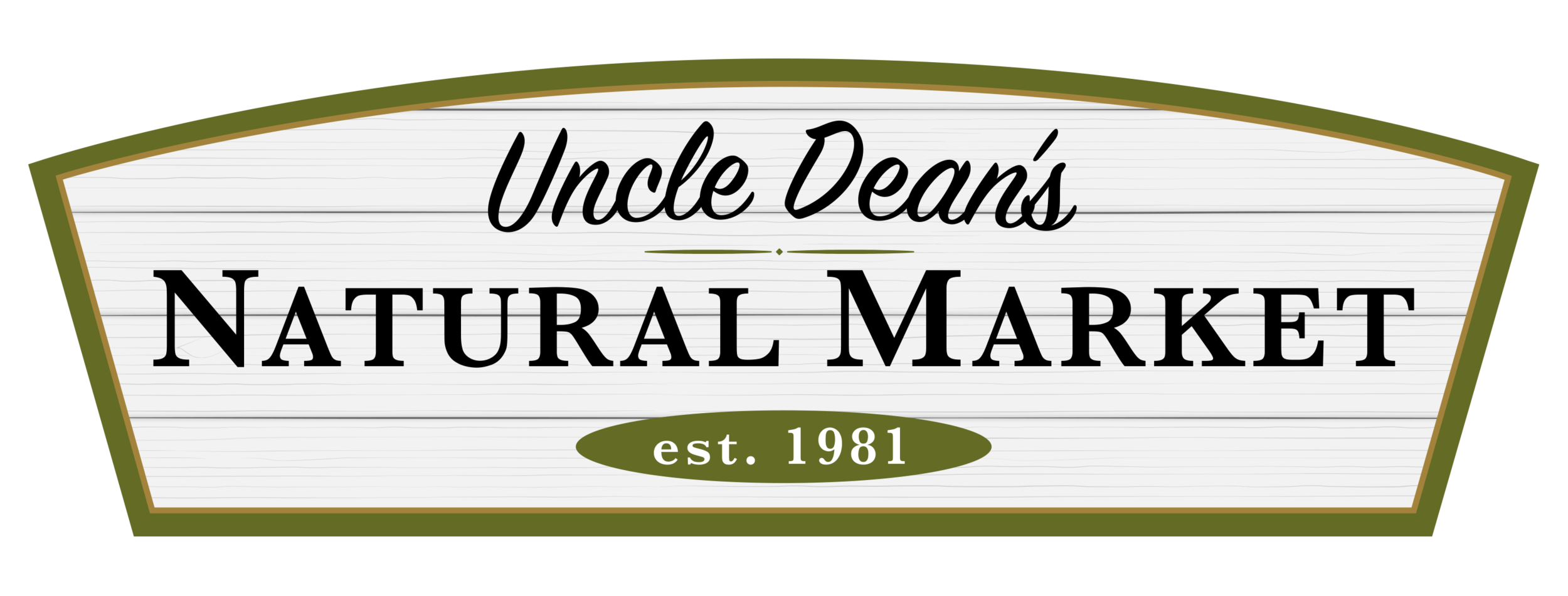Meet Local Vendor: Fredrikson Farm
Dianna & Ed Fredrikson
For Ed and Dianna Fredrikson, goats were merely their three girls’ 4H project for many years. Over time, though, the shows, the grooming, and the endless stall mucking lost its appeal and their daughters moved on. Ironically, it was then that Ed and Dianna began realizing their time in the goat world was really just beginning, albeit with a slightly different focus.
The primary inspiration for their goat adventures began with Pixie Day, a well-respected and driven goat breeder in Maine. Her love for the sweet-tempered Saanen goats was contagious and the Fredrikson’s soon caught the caprine bug. Ed and Dianna’s focus started to shift from raising a variety of goat breeds as a 4H hobby to raising Saanens, specifically, for their high-quality milk. The sort of expertise and excellence the Fredrikson’s desired to achieve in their new vision, though, was not built in a day. While still working full-time day jobs, the couple began researching and learning all they could about goat breeding and wholesome, high-quality milk production. Over the course of four years, they travelled throughout New England to gain hands-on experience and insight into each step of the production process.
Milk heating tank where the milk is pasteurized in the cheese room.
The result of this extensive study is a thriving business, built upon a love of goats and producing the best milk possible. These days, the couple house their goat herd in a custom barn built by Ed himself. The barn is equipped with an immaculately clean milking room complete with six separate stations. This particular room design was one the couple saw on a larger scale during one of their research visits. It allows the goats to enter from the spacious, hay-bedded barn through one door. Once milked, they leave down a ramp and back into their pen through a second door. Thus, no traffic jams waiting to happen! This allows the twice daily milking, in peak season, to happen in about an hour and half for 36 bred goats.
The cleanliness and organization continues into the milk’s temporary storage room where the milk is drained through tubing directly from the goats to the temperature controlled holding vat. It’s held here awaiting cheese production. Once the previous batch of cheese is completed, another 130 gallons of milk is pumped from the holding vat to the heating tank in the cheese room next door. No mucky boots or outdoor shoes in this room – only cheese-room crocs are allowed so that the milk, the production instruments, and finished products are not contaminated. The milk is then pasteurized at 145 degrees F. From here, chevre or aged cheese wheels are created. The chevre, from pasteurizing to packaging takes about 36 hours while the aged cheese takes at least 90 days to be retail-ready.
Keep an eye out for new products as Ed and Dianna plan to continue to refine and expand their product offering. Eat well, live well!
One of the Saanen girls greeting the visitors.



